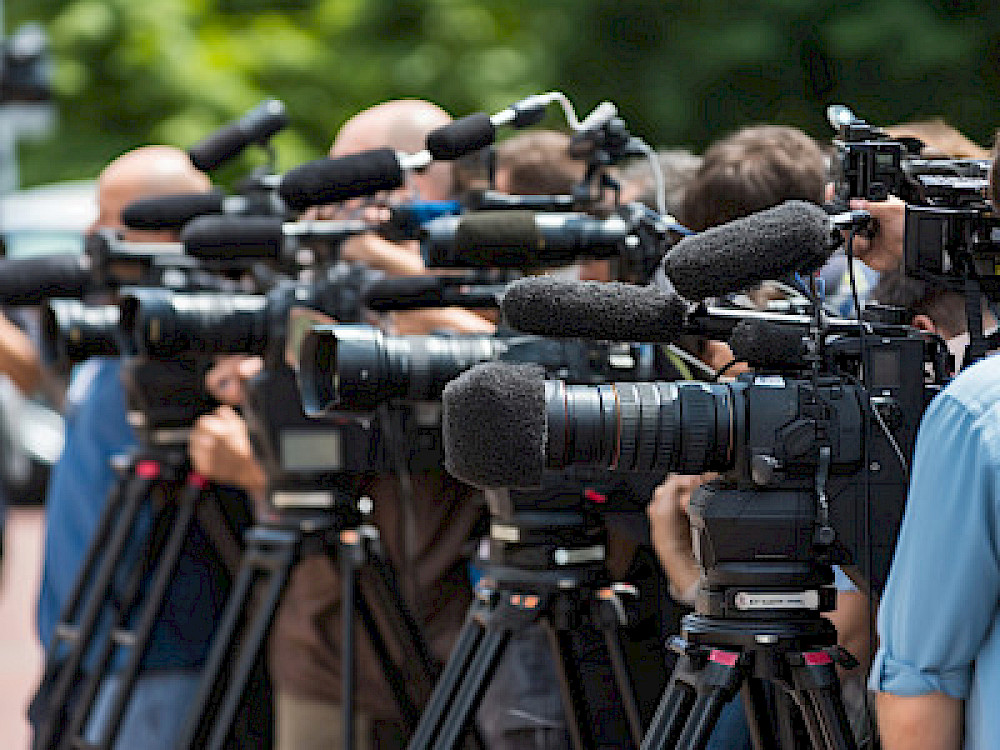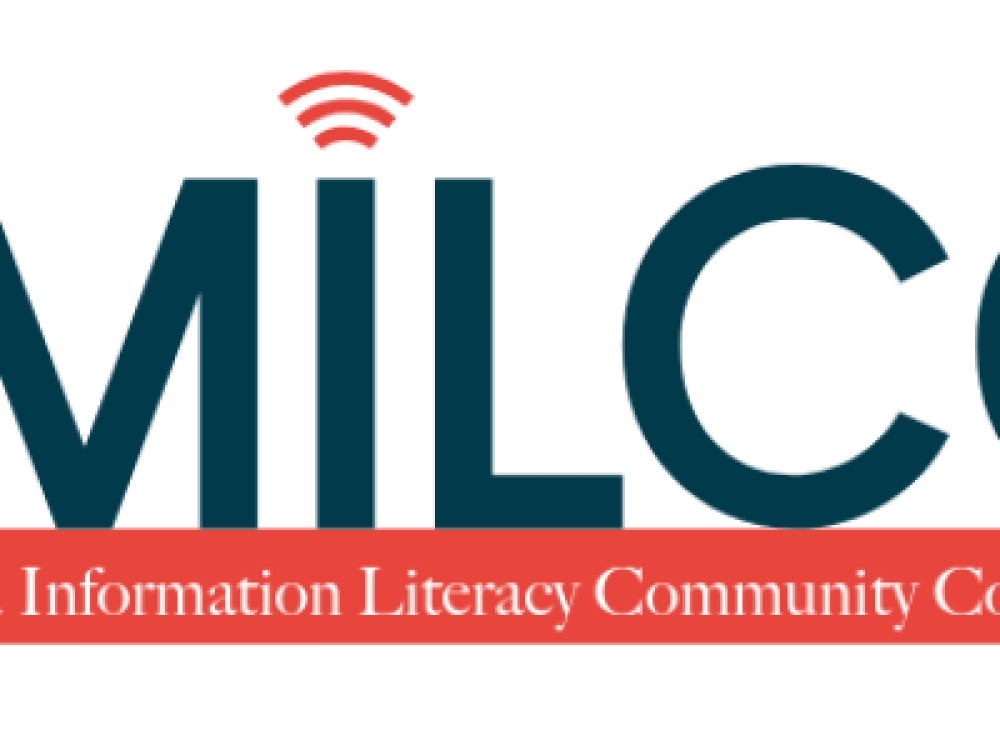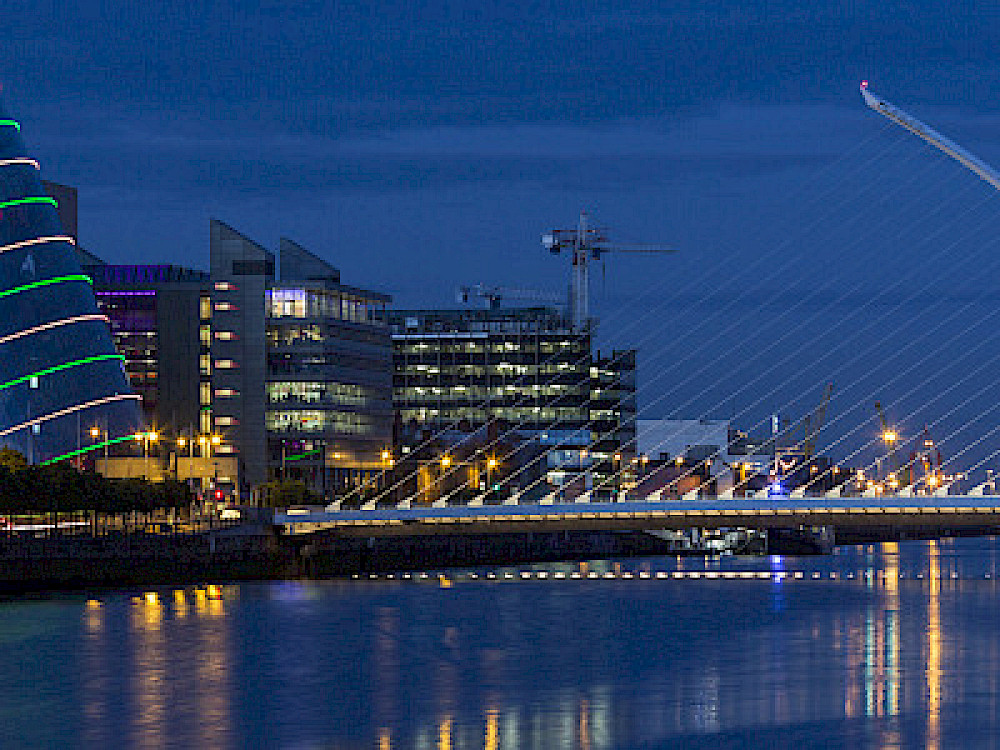
EDMO Ireland is one of fourteen hubs established as part of the European Digital Media Observatory (EDMO). Coordinated by Dr Eileen Culloty from Dublin City University (DCU), the EDMO Ireland consortium includes the DCU Institute for Future Media, Democracy and Society (FuJo), TheJournal FactCheck, NewsWhip, and the University of Sheffield. It is part-financed by the European Union to monitor and analyse disinformation; conduct factchecks and investigations; develop media literacy resources; as...

EUComMeet aims to examine the conditions under which deliberation and representation can be an effective response to the challenges besetting liberal representative democracies. The project will experiment with ways of systematically embedding deliberative practices and institutions in the multilevel system of governance and representation of the EU. It will also explore how deliberation and participation can help reduce polarisation, strengthen European identity, encourage inclusiveness and nar...

ReMeD tackles existing challenges to a healthy relationship between media and democracy by taking a bold approach to improve relations between citizens, media and digital technologies. With an interdisciplinary approach and an innovative methodology that combines qualitative and quantitative methods, ReMeD gathers, analyses, compares and contrasts data on professional journalists, alternative media content producers and citizens operating in technologically mediated configurations, and on the m...

The Irish Research Council awarded a prestigious Consolidator Laureate Award to Prof. Jane Suiter for the COMDEL project. COMDEL’s ambition is to advance frontier research on the role of deliberation in addressing climate change. Specifically, it aims to deliver new theoretical and empirical insights into the capacity of deliberation to bridge communication and knowledge gaps between climate scientists, citizens, media actors, and elite policymakers concerning climate change. It is premised o...

The Reuters Institute Digital News Report is the world’s largest international comparative survey of the major trends in digital news consumption. It is widely used by industry, analysts, and researchers across the world. Since 2015, Coimisiún na Meán (formerly Broadcasting Authority of Ireland) has funded FuJo to undertake the analysis for the Irish report. Annual reports are available for: 2023, 2022, 2021, 2020, 2019, 20128, 2017, 2016, and 2015....

The spread of disinformation online is a growing problem in Europe and beyond. The EU-funded PROVENANCE project addressed the problem by creating a service – in the form of a plug-in/personalised virtual companion – that evaluates online content. The aim of PROVENANCE was to help citizens navigate content and develop digital literacy competencies as they browse the web and social media by prompting users to stop and think about the credibility of content It provides contextual information t...

JOLT was a Marie-Skłodowska-Curie European Training Network, which aimed to harness digital and data technologies for journalism by providing a framework for the training and career development of 15 Early Stage Researchers. JOLT researchers provided empirical answers to important questions regarding the future of journalism by forging multidisciplinary and cross-sectoral research into the digital and data-driven tools, practices, and values shaping journalism....

The Media Pluralism Monitor is a risk-based approach to assessing the state of media pluralism across the 27 countries of the EU and several EU accession candidate countries. The Monitor measures media pluralism with 200 indicators across four domains: fundamental protections, market plurality, political independence and social inclusiveness. Led by the European University Institute in Florence and funded by the European Commission, the Monitor constitutes one of the core datasets informing the...

Directed by Robert G. Picard, the ‘Impact of Charity and Tax Law/Regulation on Not-for-Profit News Organisations’ project examines regulatory systems in five countries: Australia, Canada, Ireland, the United Kingdom (England and Wales), and the United States....

In 2018, the European Commission convened representatives of major technology firms and the online advertising industry to develop a voluntary framework of industry self-regulation to fight disinformation. Under the Code of Practice, they committed to curbing disinformation and improving their online policies. The Broadcasting Authority of Ireland (BAI) commissioned FuJo to undertake research for three reports on the implementation of the Code: Elect Check (2019) assessed the online libraries...

The Media Ownership Ireland database is designed and maintained by staff at the DCU School of Communications. The project is an initiative of the Broadcasting Authority of Ireland (BAI) in the context of its statutory requirement to conduct research relating to the plurality of the media in Ireland and to publish such research. The BAI committed to developing this database when it published its Media Plurality Policy in 2019 and the database is framed by the definition of “media business” co...

Mass media influence the way facts are viewed and debated in society. Independence and pluralism in media, public opinion and views – including criticism of people in power – are the safeguards of a healthy democracy. Monitoring and ensuring ownership pluralism is the first step toward independence and freedom of choice. How can people evaluate the reliability of information if they don't know who provides it? How can journalists work properly if they don't know who controls the company the...

The EurOMo (Euromedia Ownership Monitor) has a single mission: enhance transparency of news media ownership and control in European Union countries. It monitors media ownership and control by publishing: a database with information on ownership and control of the most relevant news media in all EU countries; country reports that assess the level of transparency of this information. Currently, the EurOMo is a pilot project, co-funded by the European Commission as part of the European Democ...

The TeaMLit project, backed by the European Media and Information Fund (EMIF), enhances media and information literacy (MIL) within European teacher education. DCU’s Institute for Future Media, Democracy, and Society (Fujo) is one of the partners responsible for research with Heidelberg University, School of Education, in Germany. The project aims to develop, implement, and disseminate effective media literacy educational practices and resources among teachers, thereby equipping them to better...

Reimagining Public Libraries as Spaces for Media Information Literacy Funded by the European Media and Information Fund and coordinated by University Institute of Lisbon (Iscte), this project responds to an urgent need to upskill Europe’s public librarians with media and information literacy (MIL). Public libraries play a crucial and trusted community role. They are venues for lifelong learning and social integration and they reach members of the community who are often neglected by traditio...

A recent Dublin Inquirer article by Shamim Malekmian explores the growing backlash against NGOs in Ireland and across Europe, and how sustained political and online attacks are contributing to declining public trust in the charity and community sector. EDMO Ireland researcher Dr Shane Murphy spoke to Malekimian about her article, drawing on his research into disinformation and civil society. The piece situates Irish debates within a wider European trend, where right-wing and conservative partie...

